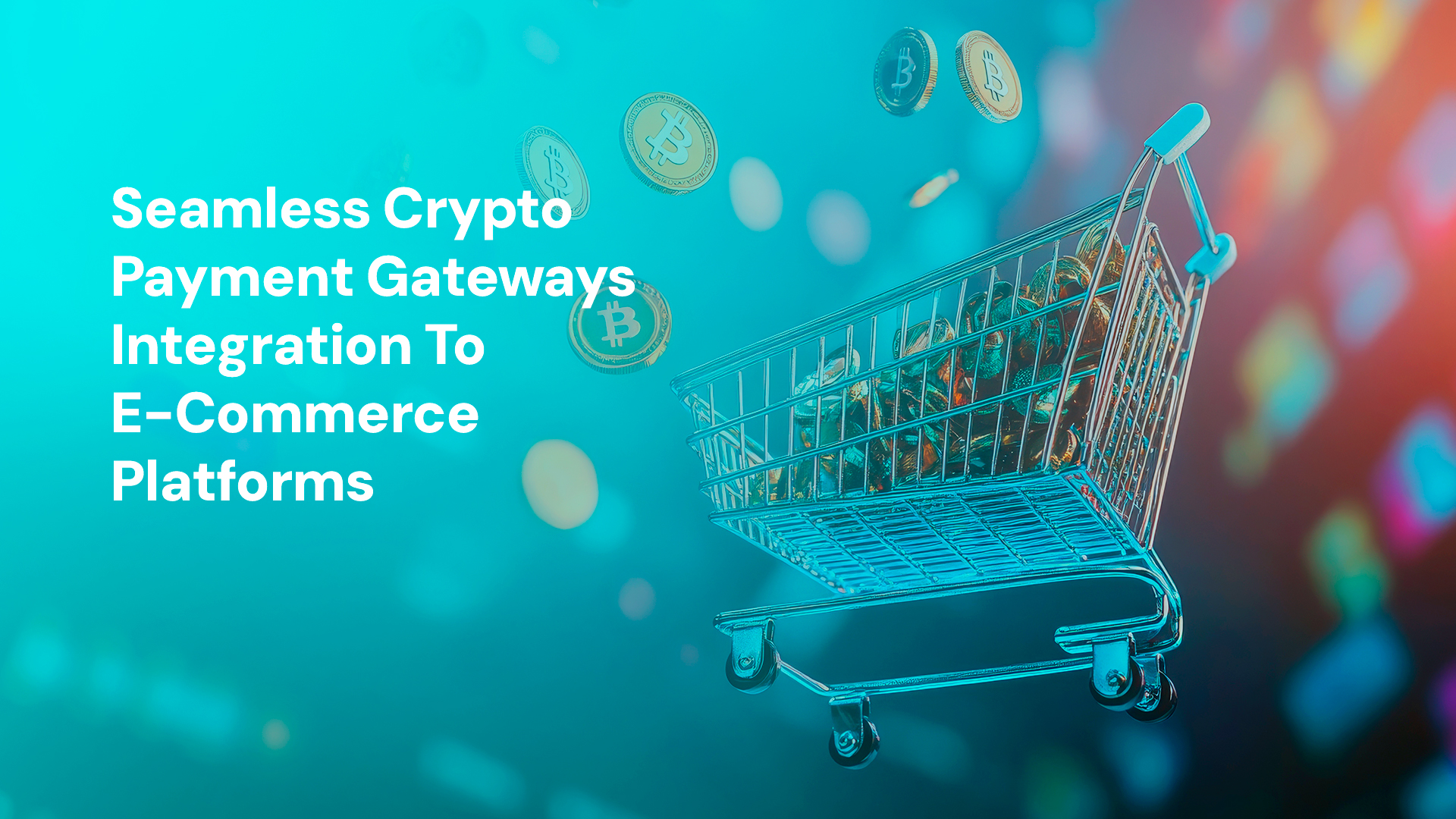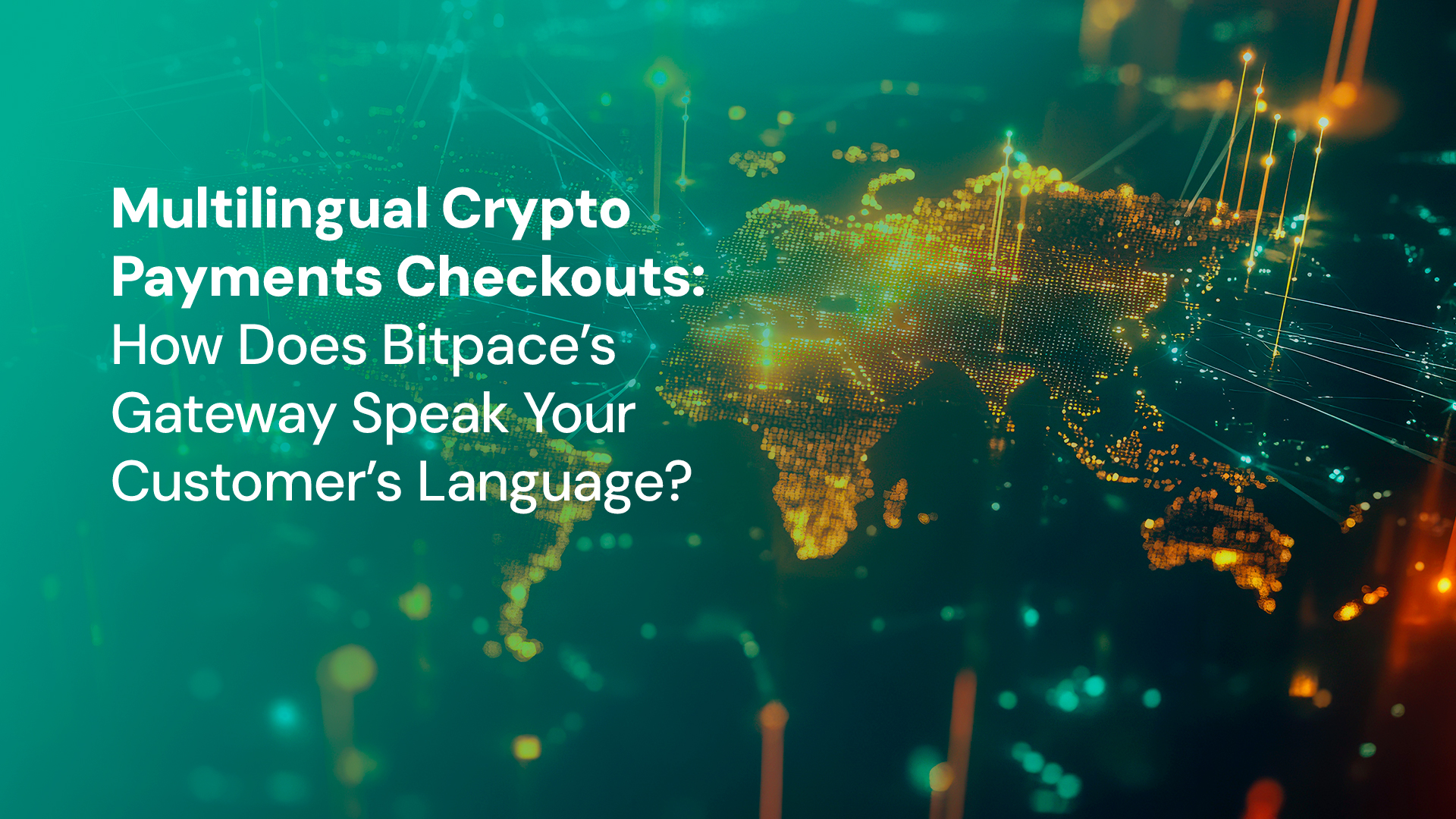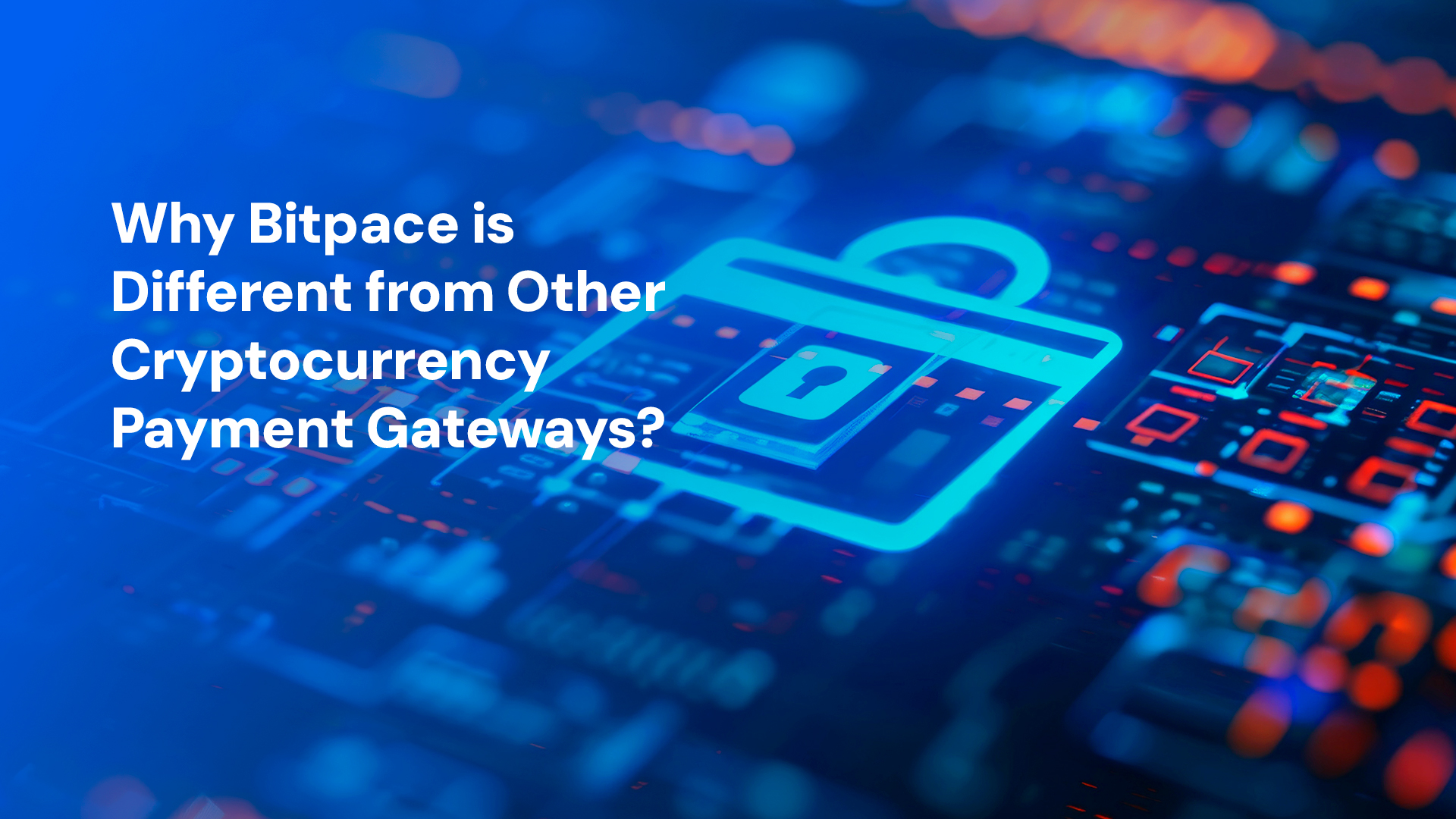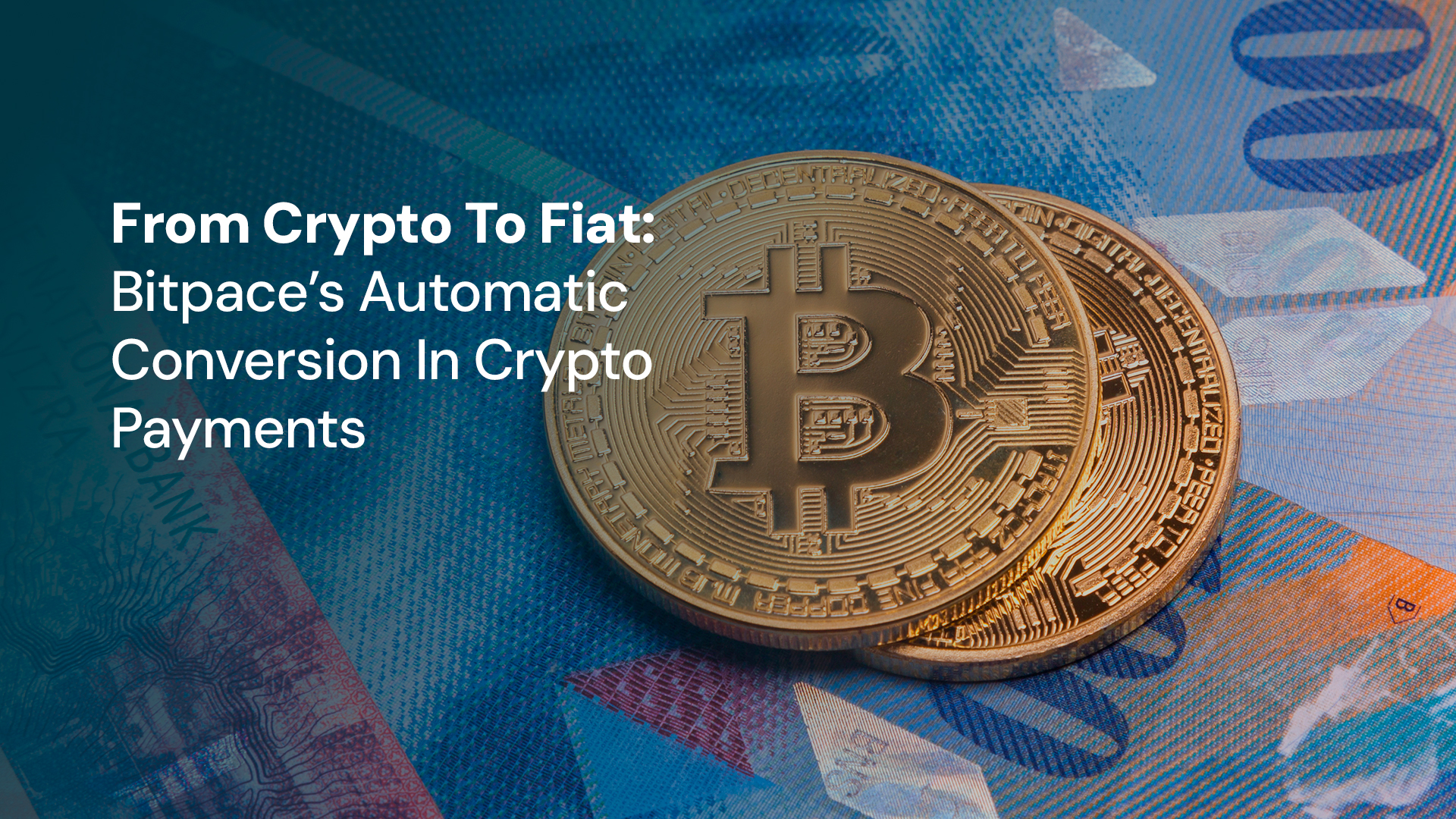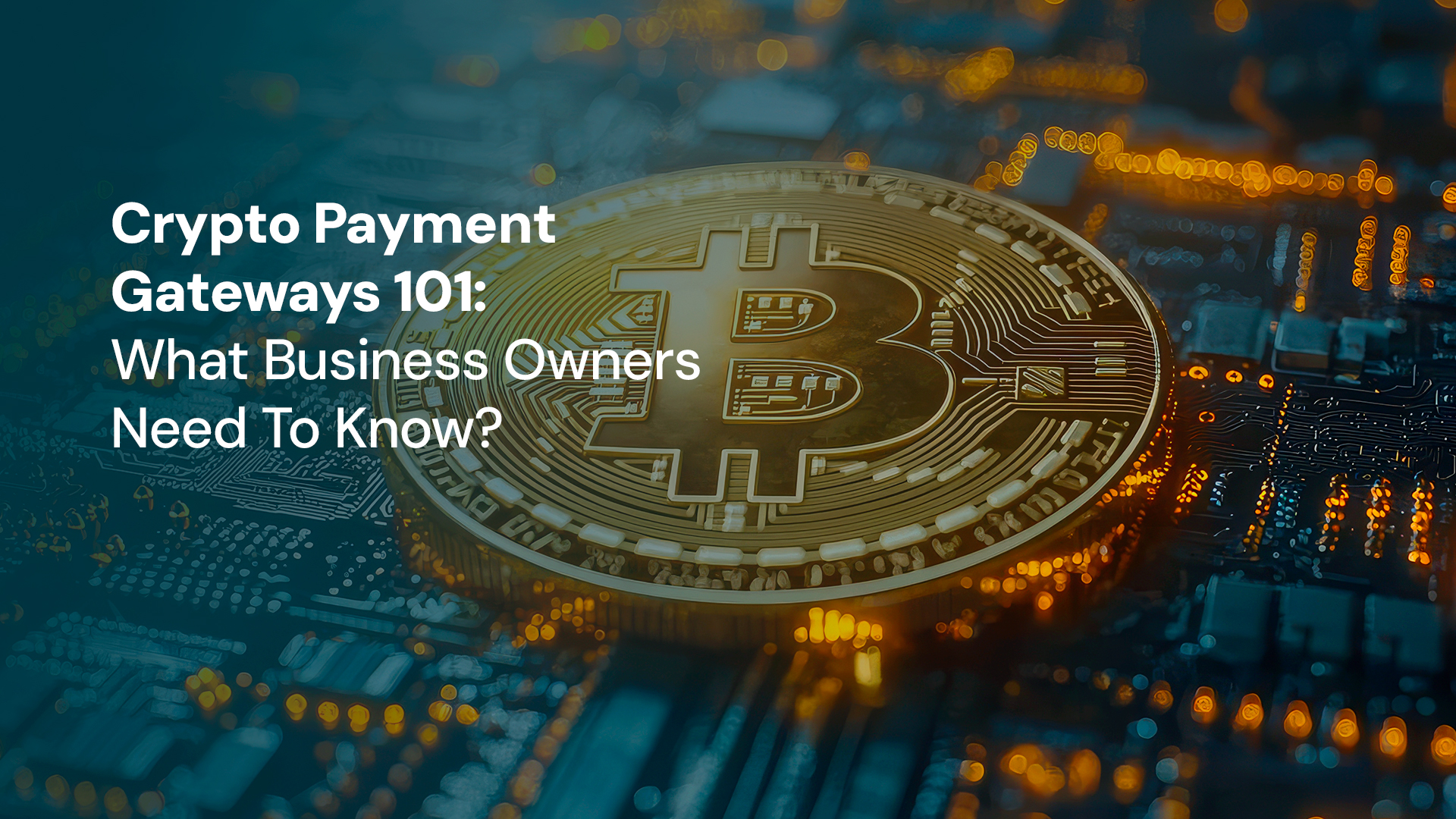In the rapidly evolving e-commerce industry, crypto payment gateways have emerged as crucial tools, enabling businesses to accept cryptocurrency payments efficiently. Integrating these gateways can significantly improve your platform’s transaction capabilities.
COMPANY
Blog
Discover the future of payments on the Bitpace Blog – your destination for innovative payment gateway insights and the evolving landscape of digital finance. Our posts are crafted to explain digital transactions, offering businesses and tech enthusiasts a clear path through the complexities of blockchain and traditional finance integration.
What is the Travel Rule for Crypto?
Bitpace is Travel Rule compliant, ensuring adherence to global standards, and prepared to comply with the travel rule regulations worldwide, aligning with international standards. This reflects an ongoing commitment to operating with integrity and in full compliance with the regulatory landscape.
Multilingual Crypto Payments Checkouts: How Does Bitpace’s Gateway Speak Your Customer’s Language?
Bitpace’s multilingual crypto payment gateway is tailored for businesses looking to globalise their payment systems. Supporting over 20 languages, it simplifies the international transaction process, boosting customer satisfaction and trust.
Why Bitpace is Different from Other Cryptocurrency Payment Gateways?
Bitpace stands out in the expanding cryptocurrency world by offering a platform that aligns seamlessly with various business requirements. Focusing on efficiency, reliability, and transparency, Bitpace provides an optimal solution for integrating cryptocurrency payments.
From Crypto To Fiat: Bitpace’s Automatic Conversion In Crypto Payments
Accepting cryptocurrency payments offers numerous advantages but also comes with challenges, notably the volatility of digital currencies. Bitpace, a leading crypto payment gateway, addresses these issues with its automatic conversion feature. Bitpace offers an effective solution through the automatic conversion of cryptocurrencies to fiat currencies such as EUR, USD, USDT, or USDC. Upon receiving a crypto payment, Bitpace immediately converts it to your preferred fiat currency, ensuring a stable cash flow and shields against crypto market volatility.
Developer Friendly Crypto Payment Gateway API
Crypto payment gateways are specialised application programming interfaces (APIs) that help integrate cryptocurrency payment processing into business platforms, such as websites and applications. These APIs enable acceptance, management, and processing of transactions using various cryptocurrencies like Tether, Bitcoin, Ethereum, and others.
Crypto Payment Gateways 101: What Business Owners Need To Know?
Crypto payment gateways facilitate the unification of digital currencies into traditional commerce. They ensure secure transaction processing, managing the transfer of funds from customers to merchants. Converting crypto to fiat currencies is a crucial function for gateways like Bitpace. This feature provides flexibility to merchants, who can choose to receive payments in either digital or traditional currencies.
Foreign Exchange Risk for Businesses in 2025
In today’s interconnected global economy, businesses face numerous challenges when engaging in international trade. One of the most significant risks that companies must navigate is foreign exchange risk. As we move into 2025, understanding and managing this risk becomes increasingly crucial for businesses of all sizes. This article will explore the concept of foreign exchange risk, its importance for international businesses, the various types of risks involved, and innovative solutions to mitigate these risks, including the use of stablecoins and crypto payment gateways like Bitpace.
B2B Cross-Border Payment Methods
In today’s globalised economy, businesses frequently engage in international transactions, necessitating efficient and secure methods for cross-border payments. The landscape of B2B cross-border payments has evolved significantly in recent years, driven by technological advancements and changing business needs. This evolution has spawned a diverse array of payment methods, each with its own strengths and limitations.

